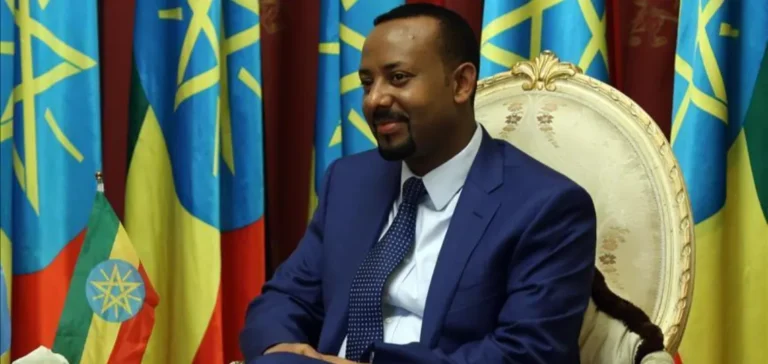The Ethiopian government has initiated the development of its first crude oil refinery, marking a major step in its strategy to reduce dependence on imported petroleum products. The $2.5bn project is located in Gode, in the eastern part of the country, and has been entrusted to Chinese company Golden Concord Group (GCL).
A processing capacity of 70,000 barrels per day
According to released details, the refinery will be built in two phases over a 24-month period. Once operational, it will have a processing capacity of 70,000 barrels per day, or approximately 3.5 million tonnes annually. The required crude oil and condensate will be sourced from the Hilala oil fields, also located in the eastern region, enabling the utilisation of local resources.
This infrastructure is part of a broader investment programme announced by Ethiopian authorities. A total amount of $30bn was cited by the government in parallel with the inauguration of the Grand Ethiopian Renaissance Dam (GERD), now the largest hydroelectric facility on the African continent.
A project aligned with national energy strategy
In parallel with the refinery, the country has launched a liquefied natural gas (LNG) project in the Ogaden region. The first phase of this initiative plans for an annual output of 111 million litres, with potential expansions up to 1.33 billion litres, as well as an electricity generation capacity of 1,000 megawatts.
Through these initiatives, Addis Ababa aims to enhance the resilience of its energy system while reducing its import bill for fuels, amid sustained economic growth. According to World Bank data, Ethiopia recorded gross domestic product (GDP) growth of 6.5% in 2023, with projections of 7.3% for 2025. The country, with a population nearing 135 million, also experiences an estimated demographic growth rate of 2.6% per year.
Towards progressive energy autonomy
The construction of this first domestic refinery aims to partially meet growing internal demand while opening potential export opportunities to neighbouring landlocked countries. It complements structural projects intended to diversify energy sources and improve the country’s energy security.
The availability of refining infrastructure on national territory could eventually reduce the country’s vulnerability to global petroleum product price fluctuations while strengthening the foundations for its industrial development.






















